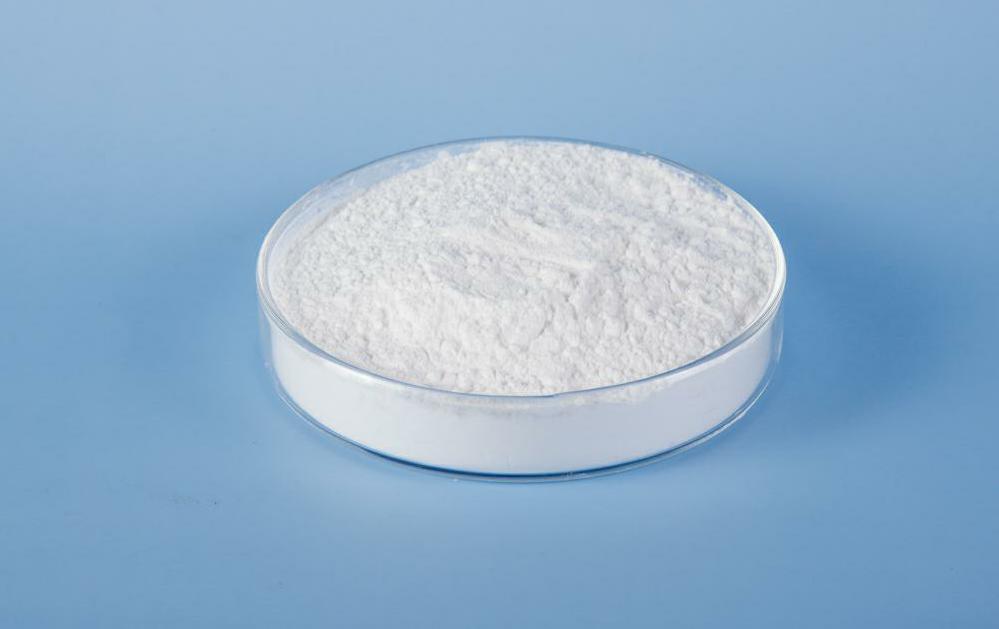Hybrid and electric vehicles stimulate the development of lithium battery market
Bisphenol S in textile,4,4 '- dihydroxydiphenylsulfone is mainly used as a color fixing agent. In addition, it can be used as Plating Solution Additive, leather tanning agent, dispersant of disperse dyes for high-temperature dyeing, phenolic resin hardening accelerator, resin flame retardant, etc. It is also an intermediate of pesticides, dyes and additives. As a substitute of bisphenol A, it can be used as the Raw Material Of Polycarbonate, epoxy resin, polyester and phenolic resin, as well as the raw material of polysulfone and polyethersulfone. It is also used in the manufacture of color photographic materials, photographic contrast enhancers, thermal recording materials (color developers), daily surfactants and high-efficiency deodorants. Color fixing agent a (cibatexpa) can be prepared from bisphenol s. Handling and storage: wash the whole body thoroughly after handling. Remove contaminated clothing and wash before reuse. Prevent contact with eyes and skin.
4,4'-Dihydroxydiphenylsulfone,Bis(4-hydroxyphenyl) sulfone,Bisphenol A-free Jiangxi Hongjiu New Material Technology Co.,Ltd. , https://www.hongjiutech.com
It is expected that the global lithium-ion battery revenue will increase from US$11.8 billion in 2010 to US$53.7 billion in 2020. The 2015 revenue will increase to 31.4 billion U.S. dollars, surpassing the current dominant battery technology: lead acid.
Although lithium ion will be widely used in mobile electronic products such as mobile phones and notebook computers, automotive applications will make a major contribution to its sales growth.
At present, the cost of lithium ions is much higher than other technologies, which is two to three times that of sodium-sulfur, lead-acid, and nickel-metal hydride batteries. However, the price of lithium-ion technology will decline faster than other technologies, and will be equal to other technologies by 2015, and will be the lowest-cost type of rechargeable battery by 2020. The inherent advantages and increasingly cost-competitiveness will prompt automakers to use lithium-ion as the battery technology of choice for their future electric and hybrid vehicles.
Lithium: Lithium ions, which seem to be dedicated to cars, have many advantages over other rechargeable battery technologies.
These advantages include a more flexible form factor and lighter weight. In addition, lithium-ion batteries have no memory effect and retain full capacity after they are not fully charged. Finally, lithium-ion batteries are generally considered more environmentally friendly than other technologies.
These characteristics make lithium ion particularly attractive for electric cars, hybrid cars and plug-in hybrid vehicles.
Therefore, by 2015, the car will be the major market for lithium-ion batteries, surpassing the current number one application notebook.
The success of lithium ion in the field of electric and hybrid vehicles The current mainstream battery technology used in hybrid vehicles is nickel-metal hydride batteries. In 2010, shipments of hybrid vehicles using such batteries exceeded 1 million units, representing Toyota Prius.
However, with the lithium-ion battery starting to take off, the future Ni-MH battery shipments in the hybrid vehicle market will not increase.
One concern with the use of first-generation lithium-ion batteries in automobiles is safety. Due to the high temperature environment, the use of existing lithium-ion battery materials may present a fire hazard. There are documented records showing that lithium ion batteries in small devices such as PCs and cell phones had caught fire.
In order to achieve acceptable levels of safety for electric and hybrid car batteries, lithium-ion battery manufacturers must take measures to avoid internal short circuits that may cause external damage. These measures include improving power generation control during discharge and strengthening management of fast charging.
Although cars will be the number one market for lithium-ion batteries, laptops and mobile phones will remain their main markets.
Other major applications for lithium-ion batteries include solar systems, smart grids and power tools. 